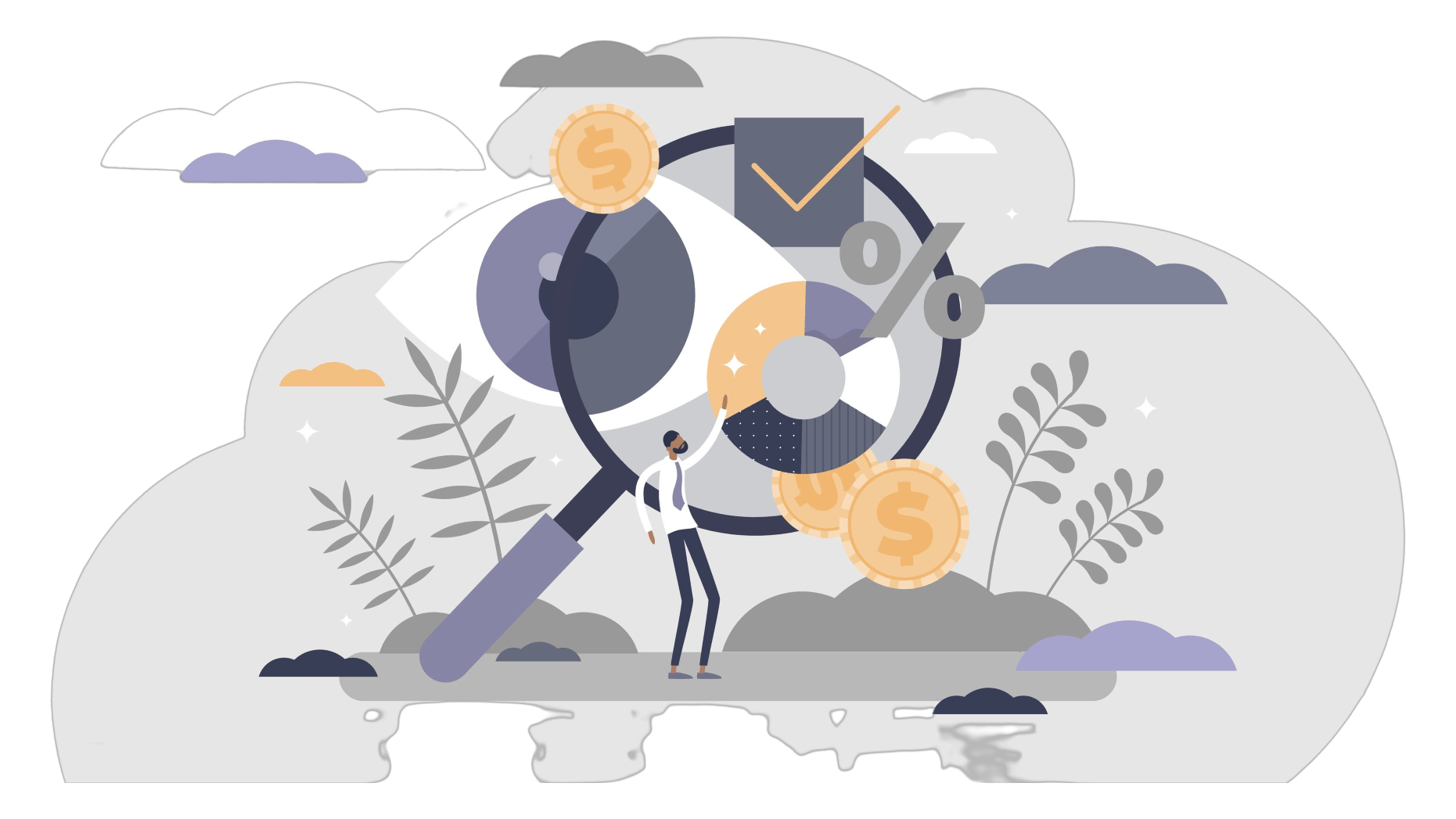
Data is widely recognized as a valuable resource, and today’s businesses gather huge volumes on a regular basis, strengthening the imperative to use it effectively. The need to unlock the potential of business data is driving up demand for data analysts, but it’s also propelling the rise of non-technical “citizen data scientists.”
Business stakeholders are aware of the impact of timely, reliable data insights, and many of them are eager to experiment with self-service analytics. While this is certainly a positive trend, as it allows people across departments and hierarchies to derive strategic insights from their business data, it can also add to the workload overwhelm that skilled data scientists are experiencing.
Preparing datasets, managing access permissions, and setting up interactive dashboards that citizens can explore on their own all takes time – even if it’s not as tedious as fielding follow-up requests for coding queries and exporting information to spreadsheets, as was the status quo not long ago.
With the right approach, however, today’s strategic data teams can become powerful enablers, facilitating self-service analytics, driving more value to the organization, and alleviating their own workloads along the way.
In the face of this new set of expectations, here are three key tactics for data science teams to employ, so they can enable regular business users to become effective citizen data scientists.
Unlock Access to Data
The first obstacle that blocks citizen data scientists from the insights they need is often access to the data itself. All too many organizations end up locking data away in silos that aren’t set up to blend with each other.
“Siloing your enterprise’s core data among each team or department is like isolating each of your team members and putting them in separate, soundproof rooms with no phone or internet connection. Communication is impossible and they can’t work together to achieve a common goal,” warns Profisee’s Forrest Brown.
“Because the data itself can’t communicate with other systems and harmonize throughout the entire business,” he adds, “neither can the employees. This slows down projects and stifles innovation. When you remove a company’s ability to access and share crucial data, you hinder teamwork and overall productivity.”
Executive leaders need to tear down these silos while maintaining control over access. You need to preserve data privacy, secure sensitive business data, and ensure that unauthorized parties can’t dilute data integrity and quality. One approach is to set up data catalogs on dedicated platforms so that everyone can see what data is available, together with a governance system that allows only permissioned employees to tinker with the data.
At the same time, it’s necessary to run training programs so that non-techie users know how to utilize the tools you provide. Citizen data scientists need to feel comfortable using and interpreting data. For greatest success, tailor the training you offer to your employees’ roles and data needs.
Lower the Barriers to Analysis
Traditionally, only trained data specialists carried out data analysis, making it a slow process that was hard to scale. This inevitably created major roadblocks to insights, as it hobbled any attempt to spread data-driven innovation across the organization.
Since it’s not viable to train everyone in the company to become data science experts, you need to adopt tools that lower the bar to data insights. The new wave of self-service business intelligence (BI) tools integrate artificial intelligence (AI) to permit regular employees to create their own reports and insights, which enhances decision-making.
Speaking about the use of LLM chatbots for BI, Pyramid Analytics CTO Avi Perez says that “Their greatest value is simplifying the interaction between a non-technical user and their data, so that they can ask complicated business questions and get very sophisticated, clean, intelligent answers in response and not being forced to have to ask that question in a particular way, or get a response that is unintelligible to them.”
This, in turn, creates a cycle of improvement for business decision-making. “If it’s easy to use, people use it more,” Perez adds. “If people use it more, they’re making more intelligent decisions on a day-to-day basis.”
Build a Culture of Data Confidence
It’s difficult for any employee to become a citizen data scientist in isolation. You need to leverage a holistic data empowerment ecosystem consisting of training, accessible data systems, and encouragement, for employees to make this shift and learn to generate insights independently.
It’s a good idea to create data-focused communities within your company’s internal communication systems and self-service environments. These facilitate collective empowerment, as employees discuss common issues and share their experiences.
You can also establish communication channels like newsletters and webinars on the subject, and appoint data ambassadors who promote data use. Look for opportunities to recognize citizen data scientists for their contributions, and to reward imaginative approaches to traditional business issues.
“Innovation and experimentation are at the heart of a data-driven culture,” notes Ankit Agrawal, SVP of Engineering at Equifax. “CDOs should create an environment where employees feel empowered to experiment with data, test new ideas, and learn from failures without fear of repercussions…. Recognize not only successes but also valuable learnings from failed experiments, reinforcing a positive attitude toward innovation.”
Leadership Can Boost the Citizenry
Although some data science teams might feel threatened by the rise of citizen data scientists, there’s no cause. Citizen data scientists aren’t moving to replace data analysts, but to complement their contributions.
After the initial work of empowering and training regular business users, data scientists will be freed from the mass of simpler queries. And as other employees understand analytics more deeply, they’ll want to explore more sophisticated questions and request insights that require more advanced analytical models, further raising the organization’s recognition of data’s value.
Ralph Tkatchuk is an e-commerce data security specialist and a long-time contributor to technology magazines.
Thanks for signing up to Minutehack alerts.
Brilliant editorials heading your way soon.
Okay, Thanks!